Why Do Puppies and Kittens Need a Series of Vaccines?
Top 3 Takeaways: Why Puppies and Kittens Need a Vaccine Series
Introduction: Building Immunity from Day One
Vaccination is one of the most critical aspects of early veterinary care for dogs and cats. But unlike adult pets, puppies and kittens don’t just receive a single shot — they require a series of vaccines spaced out over several weeks. This schedule isn’t arbitrary. It’s rooted in how their immune systems develop, how maternal antibodies can interfere with vaccines, and the need to establish lasting immunity during the most vulnerable stage of life.
At Bliss Animal Hospital, we educate pet parents across Lake Forest about why completing the vaccine series is non-negotiable. This article breaks down the science and reasoning behind the protocol to help you protect your pet from preventable diseases.
How Puppies and Kittens Get Early Protection: The Role of Maternal Antibodies
When puppies and kittens are born, they’re not completely defenseless. In fact, the first line of protection comes from their mothers — specifically, through colostrum, the antibody-rich milk produced within the first 24–48 hours after birth.
These maternal antibodies offer passive immunity against many common diseases, including parvovirus, distemper, and panleukopenia. However, these antibodies also present a paradox: while they protect the newborn in the short term, they can interfere with the effectiveness of vaccines.
This is why a series of vaccinations is essential — it ensures that protection is achieved as soon as maternal antibodies wane, without leaving the young pet vulnerable.
How Vaccines Work in Young Animals
Vaccines work by introducing a harmless form of a pathogen (or a part of it) to stimulate the immune system to recognize and fight the real disease later on. The puppy or kitten doesn’t get sick from the vaccine, but their immune system “remembers” the threat.
In young pets, this memory must be built over time. A single dose may not be enough to generate full immunity, especially in the presence of interfering maternal antibodies. Multiple doses “train” the immune system through repeated exposure, much like study sessions for a final exam.
This cumulative process:
What Does the Typical Puppy or Kitten Vaccine Schedule Look Like?
Below is a standard vaccine protocol followed at Bliss Animal Hospital for healthy puppies and kittens. Adjustments may be made based on breed, lifestyle, or health status.
| Age | Vaccinations |
|---|---|
| 6–8 weeks | DHPP (Distemper, Hepatitis, Parvovirus, Parainfluenza) |
| 9–12 weeks | DHPP booster, Bordetella (Kennel Cough), ± Leptospirosis |
| 12–16 weeks | DHPP booster, Rabies (required by law), Leptospirosis booster |
| 16–20 weeks | Final DHPP (if needed), ± Canine Influenza, Lyme (if at risk) |
Kitten Vaccine Schedule
| Age | Vaccinations |
|---|---|
| 6–8 weeks | FVRCP (Feline Viral Rhinotracheitis, Calicivirus, Panleukopenia) |
| 9–12 weeks | FVRCP booster, ± Feline Leukemia (FeLV) |
| 12–16 weeks | FVRCP booster, Rabies |
| 16–20 weeks | Final FVRCP or FeLV (if outdoor or multi-cat home) |
Note: All schedules include deworming and physical exams at each visit.
Risks of Skipping or Delaying Vaccines
One of the most dangerous decisions a pet owner can make is to delay or stop a vaccine series midway. Here’s why that’s problematic:
In short, the vaccine series is not optional — it’s a vital medical protocol that dramatically improves survival and quality of life.
Common Misconceptions About Early Vaccines
“My puppy is too small to be vaccinated.”
Small size doesn’t mean a weak immune system. Vaccine dosages are standardized and safe even for toy breeds and underweight kittens.
“My pet stays indoors — they don’t need shots.”
Indoor pets still face exposure through air circulation, household items, or even your shoes. Also, some vaccines (like rabies) are required by law regardless of lifestyle.
“A single vaccine should be enough, right?”
Not for young pets. A full series is the only reliable way to ensure protection when maternal antibodies are declining.
Tailored Vaccine Plans for Every Puppy and Kitten
At Bliss Animal Hospital, we don’t believe in one-size-fits-all veterinary care. While the above schedules are standard, we always consider:
We also help pet parents keep track of booster dates with reminder calls, texts, and email alerts, so your pet never misses a critical window.
Conclusion: Invest in Their Future with Complete Protection
Vaccinating puppies and kittens isn’t just a checklist item—it’s one of the most important ways you can invest in their long-term health. The series of shots your pet receives in the first 4–5 months of life will shape their immune system for years to come.
If you’ve recently welcomed a new pet or are unsure if your vaccine schedule is on track, call us today. Our Lake Forest veterinary team is here to provide the safest, most effective vaccination care for every stage of your pet’s life.
Dog Vaccination Services in Orange County, CA
Explore our dog vaccination services across Orange County:
Cat Vaccination Services in Orange County, CA
Find cat vaccination services tailored to your area:
What your neighbors are saying!
Areas we Serve at Bliss Animal Hospital:
“Better Care. Better medicine.” This is our motto, and our veterinary staff stands behind it.
Bliss Animal Hospital is conveniently located at the Home Depot Plaza in Foothill Ranch, less than a 10-minute drive from the neighborhoods of Lake Forest, Rancho Santa Margarita, Mission Viejo, and Irvine (Great Park and Portola Springs). We also serve more distant regions like Tustin, Coto de Caza, Las Flores, Ladera Ranch, Laguna Hills, Laguna Woods, Stonegate (Irvine), Woodbury (Irvine), and Cypress Village (Irvine).
Our vet hospital is ready to serve not only the communities of South Orange County but also anyone who truly believes that veterinary medicine starts with relationships.

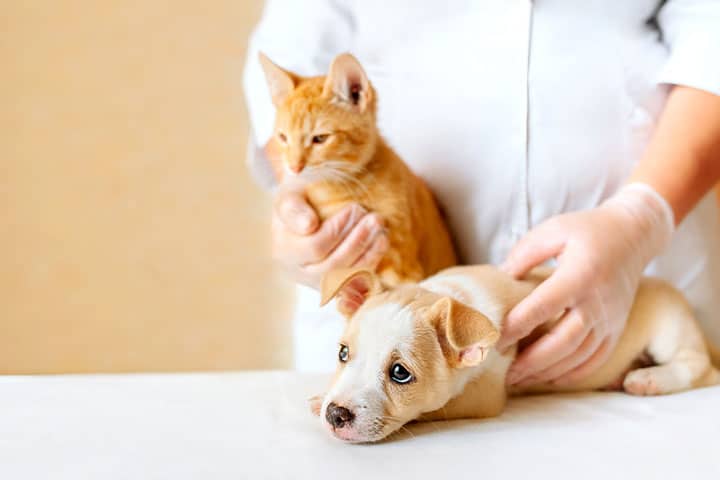


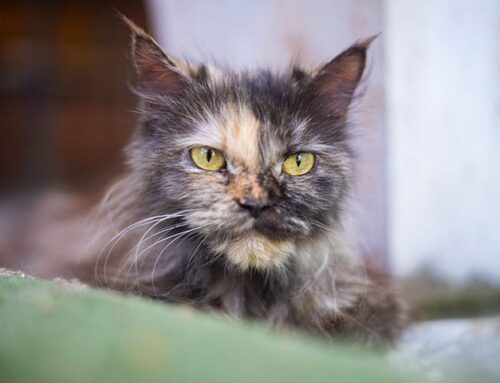
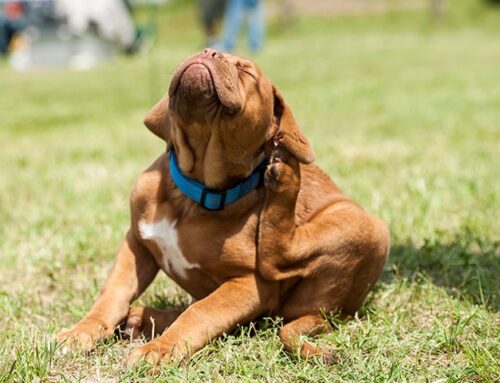
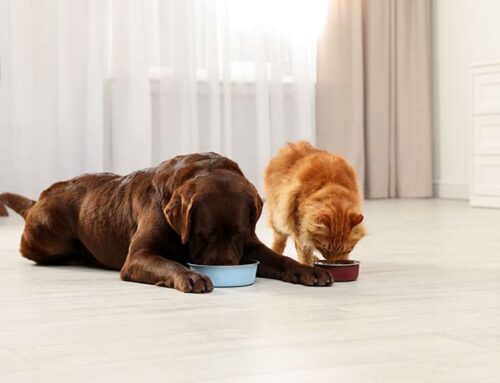
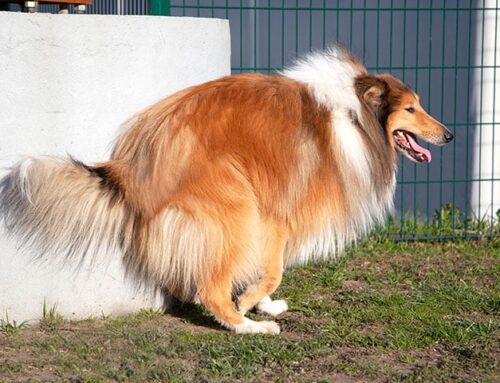



Leave A Comment